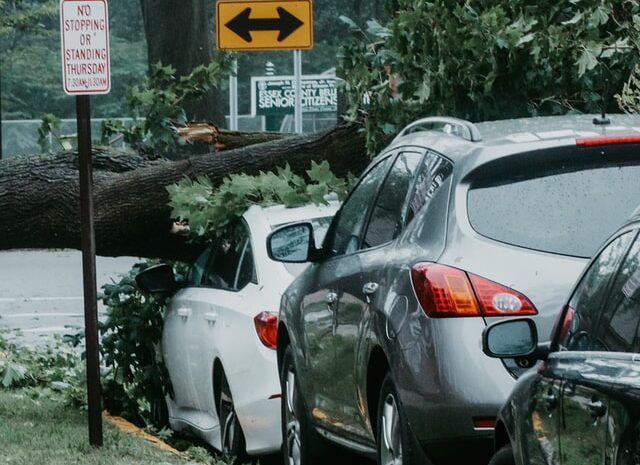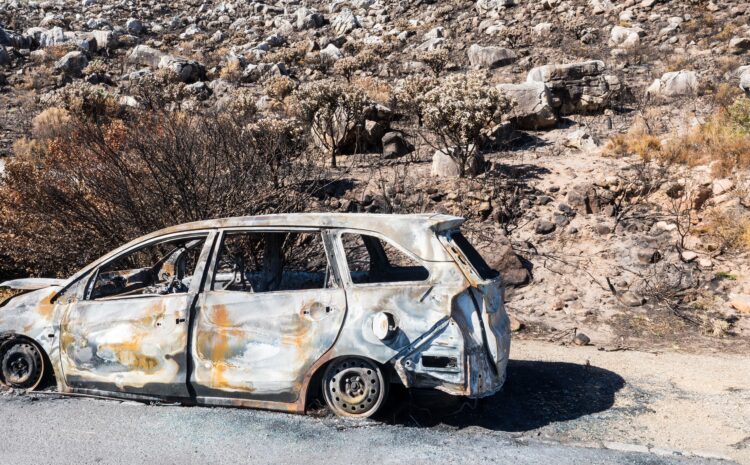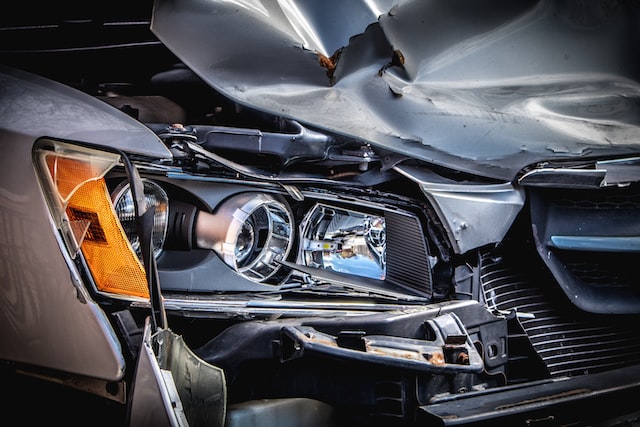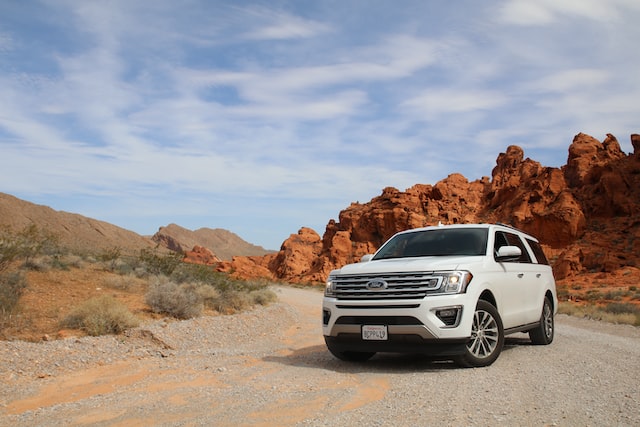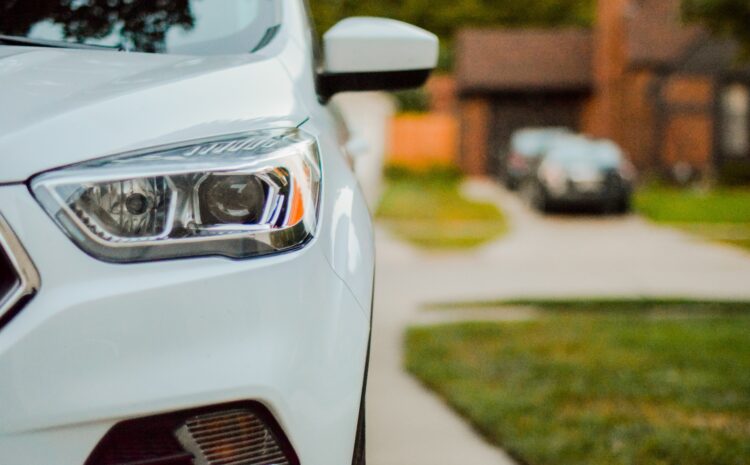
Is auto insurance coverage mandatory?
Auto insurance requirements vary from state to state. If you’re financing a car, your lender may also have its own requirements. Nearly every state requires car owners to carry:
- Bodily injury liability – which covers costs associated with injuries or death that you or another driver causes while driving your car.
- Property damage liability – which reimburses others for damage that you or another driver operating your car causes to another vehicle or other property, such as a fence, building or utility pole.
In addition, many states require that you carry:
- Medical payments or personal injury protection (PIP), which provides reimbursement for medical expenses for injuries to you or your passengers. It will also cover lost wages and other related expenses.
- Uninsured motorist coverage reimburses you when an accident is caused by a driver who does not have auto insurance—or in the case of a hit-and-run. You can also purchase under insured motorist coverage, which will cover costs when another driver lacks adequate coverage to pay the costs of a serious accident.
Even if PIP and uninsured motorist coverage are optional in your state, consider adding them to your policy for greater financial protection.
